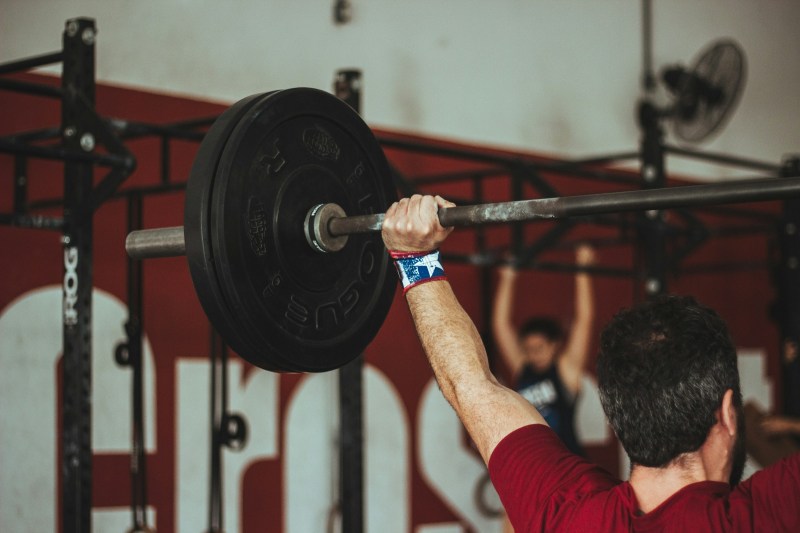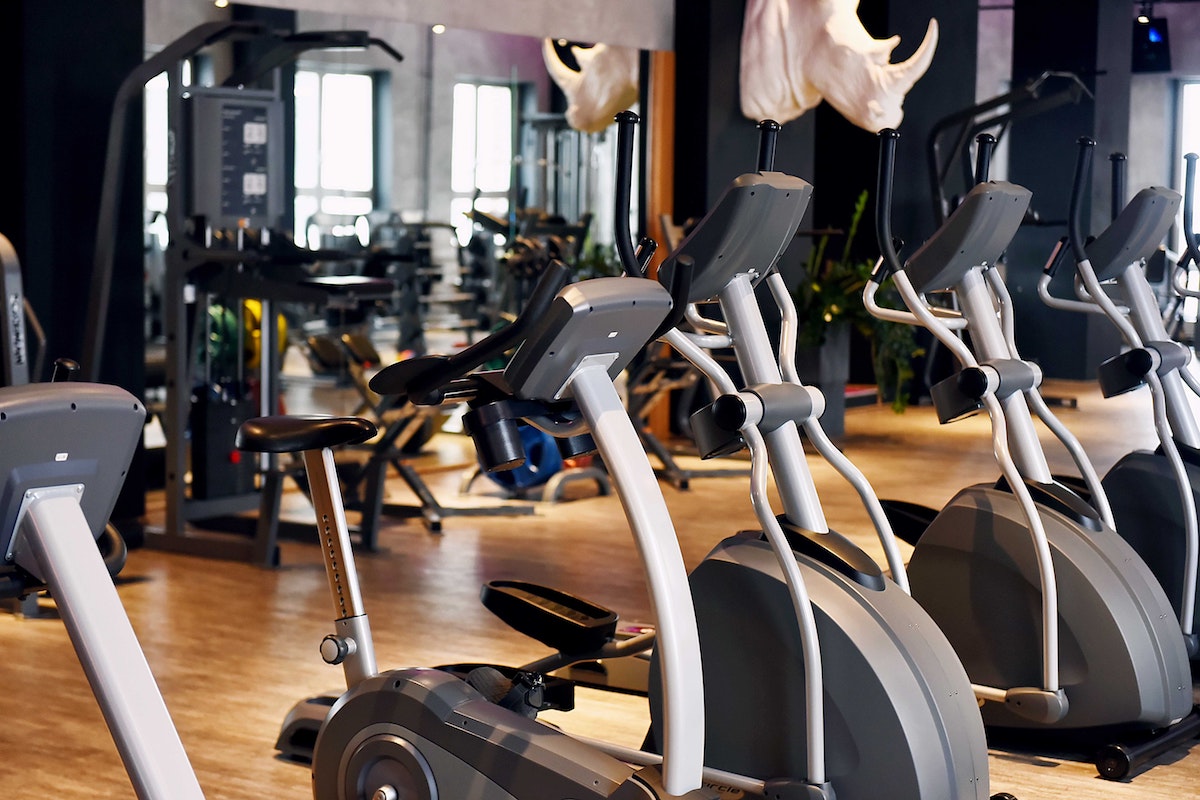
Fitness centers and gyms are full of equipment that can quickly become overwhelming, especially if you’re new to working out. Standard “cardio” equipment like treadmills and stair masters are great for working up a sweat and getting your heart rate up. Yet, weight machines and free weights for resistance training are excellent choices for building strength and gaining muscle mass.
Each of these varieties of workout equipment offers unique benefits and can be incorporated into a well-rounded and balanced fitness routine. But which should you do first? Should you do cardio before or after weights? The answer depends on your current fitness goals.
Should you do cardio before or after weights?

Before you can determine which gym equipment to head to first in your gym session, it’s important to acknowledge your current fitness goals. For example, endurance athletes or those looking to improve cardio
Tough workouts require reliable gear that is suitably stretchy and comfortable. That kind of apparel leaves you plenty of room to maneuver, yet it’s put together well enough to last and keep you looking great. A top contender in that realm is Lululemon with its exceptional variety of active and technical apparel. It’s forever fresh, to complete your look, but flexible and cozy to keep you moving, happy, and fulfilled. Come check out your next favorite workout outfit. You won’t regret it.
On the other hand, bodybuilders or gym-goers looking to pack on muscle mass tend to have a more strength-focused fitness routine. Again, this group of people may still do cardio but are more focused on building lean muscle mass instead of a goal of fat loss.
To effectively determine if you should do cardio before or after weights, consider your primary goals for your health and body composition. Your main goal should be the exercise you tackle first when hitting the gym, and it will consume more of your time and energy.
Doing cardio before weightlifting

Doing cardio exercises (such as walking, running, cycling, etc) before weightlifting is important for those who are focused on enhancing their cardiovascular fitness. For example, marathon runners who want to improve endurance, speed, and performance should perform cardio while they’re most energetic. Heading to lift weights before cardio can leave you feeling tired and unable to continue to perform as you’d like to. The research also supported this concept, which found that athletes who lifted before cardio had a higher heart rate during the cardio exercise. The increased heart rate affected their ability to maintain ideal paces while running.
Adding weightlifting sessions into your gym routine is still important to lower your risk of injury and keep your body strong. Cardio-focused athletes should aim for two to three lifting sessions per week, performed after cardio.
Doing cardio after weightlifting

Lifting weights before cardio is the best bet for most average gym-goers looking to burn fat or gain muscle mass. In a 2019 study, researchers found that performing cardio after weight lifting burned more fat in the first 15 minutes of the cardio session vs. doing cardio before lifting. Although outdated fitness trends once focused on cardio-heavy workouts for weight loss, experts today agree that a combination of a weightlifting and cardio training plan produces the best results for body recomposition.
If your goal is to build muscle and increase strength, you’ll also want to hit the weight rack before doing any cardio. During a weight training session, your body uses the stored glycogen in your muscles for fuel and energy. If you were to get into an intense cardio session before lifting, your body’s glycogen stores may be depleted by the time you get to your lift. As a result, your depleted muscles could affect your performance and impair your ability to crush your lift. With this in mind, it’s best to do cardio after lifting if your primary goal is to gain muscle mass.
Incorporating cardio vs. strength training into your routine

The question of “should you do cardio before or after weights?” will result in a different answer depending on your fitness goals. However, experts agree on one thing — it’s not a matter of one vs. the other. Regardless of your short-term
Strength training is important to keep your bones strong and stay strong and mobile as you age. On the other hand, cardio exercise is vital for keeping your heart healthy, strengthening your immune system, and supporting your mental wellness. Creating a gym schedule that involves exercises you enjoy and a mix of both cardio and strength training can help you boost your overall health and wellness, both in the short and long term.



